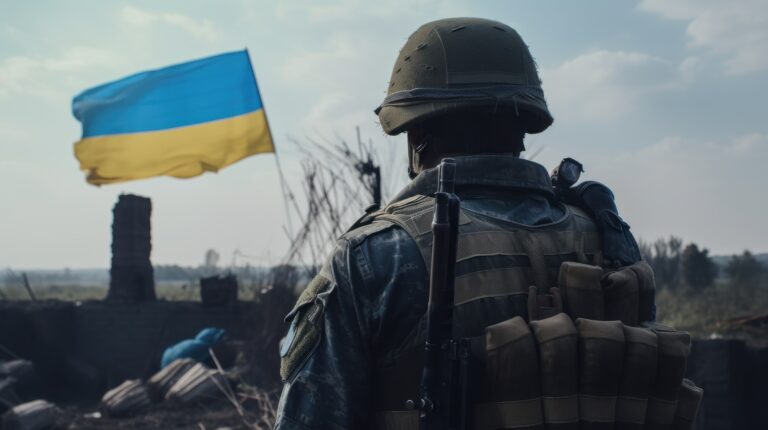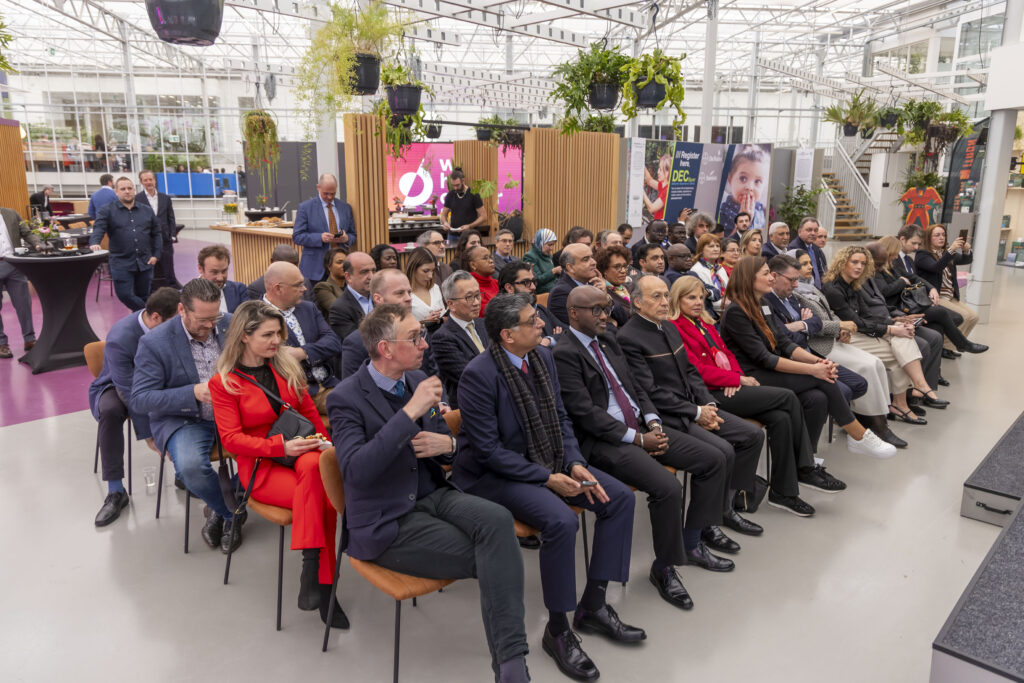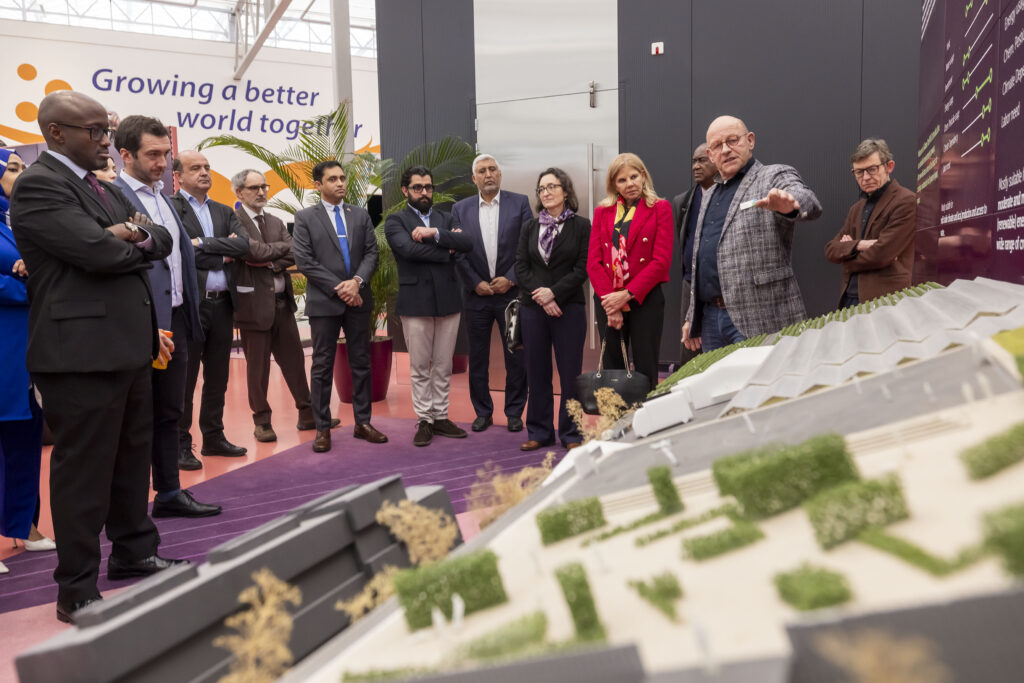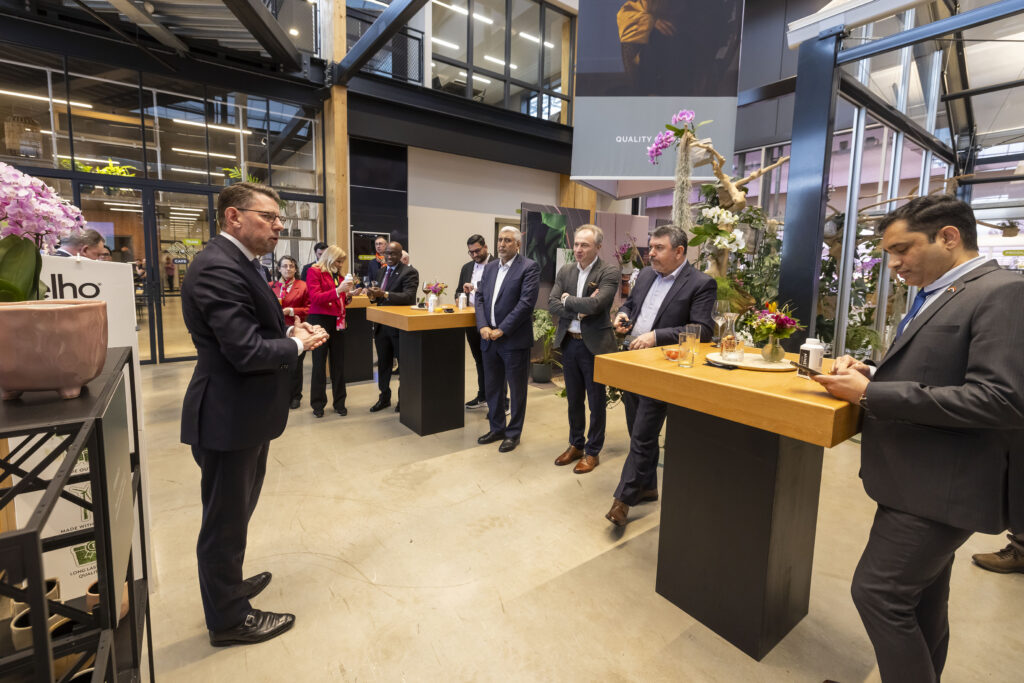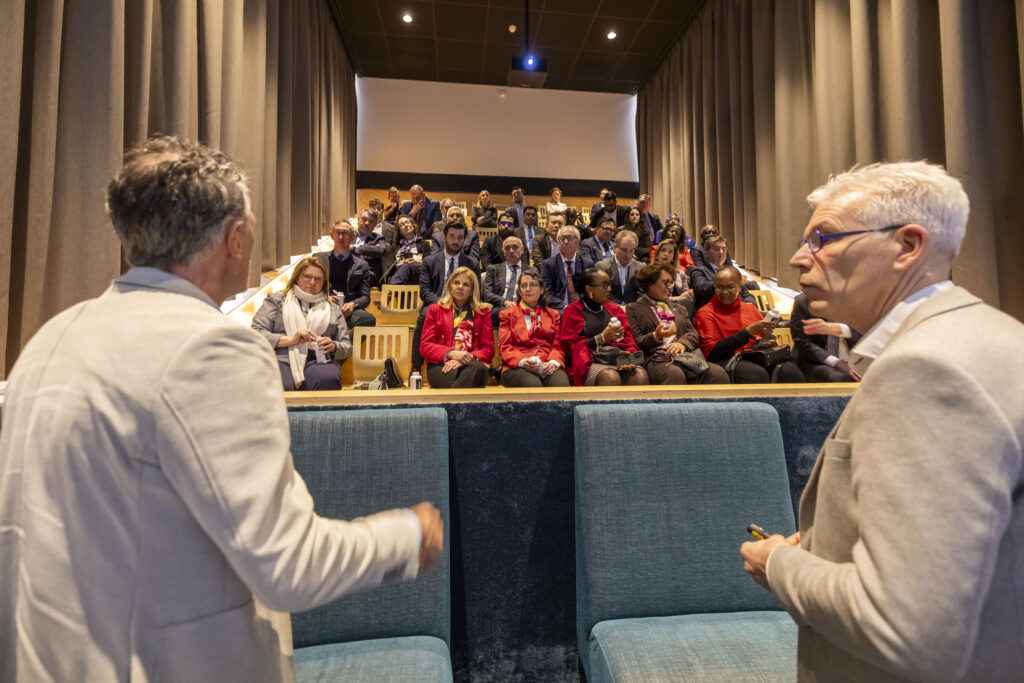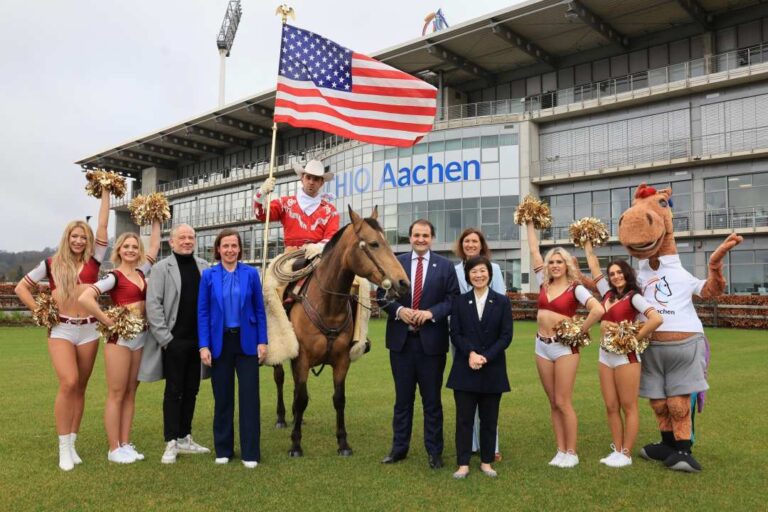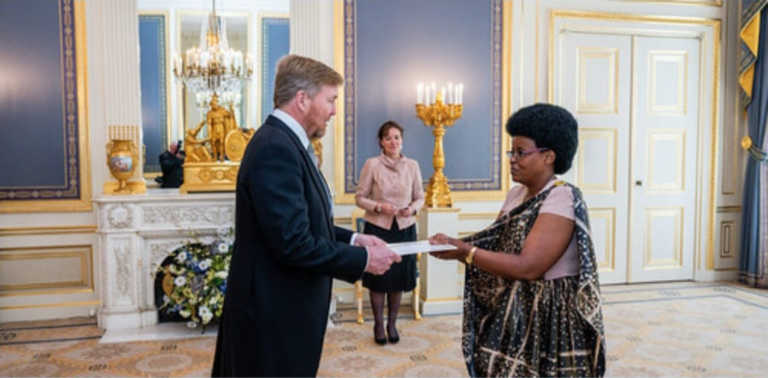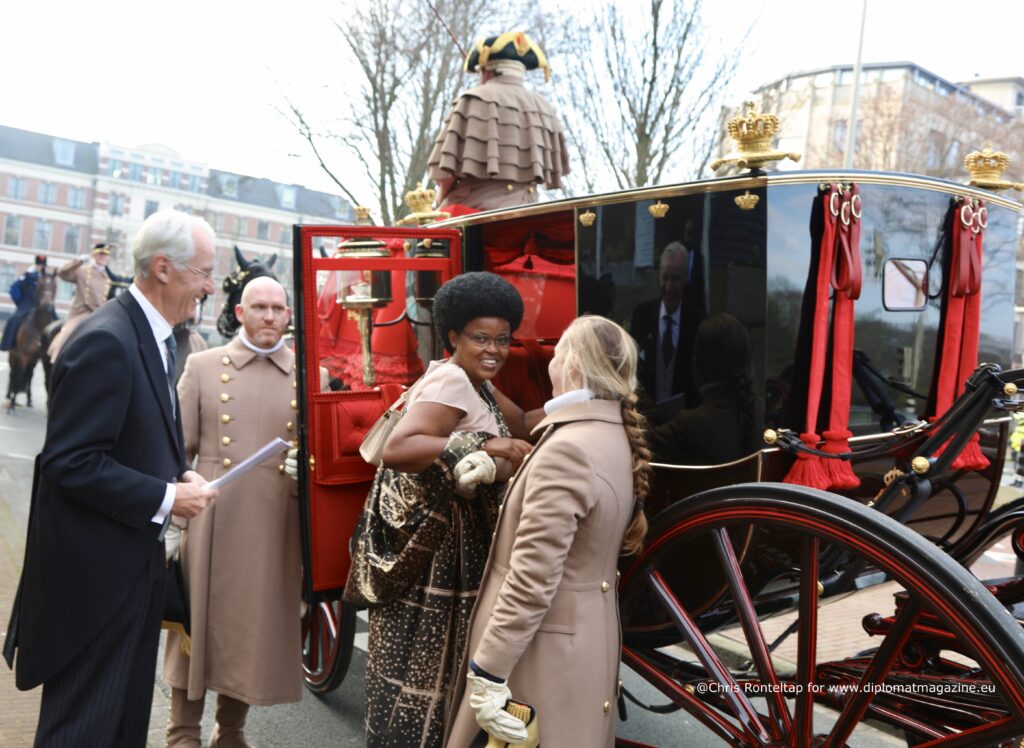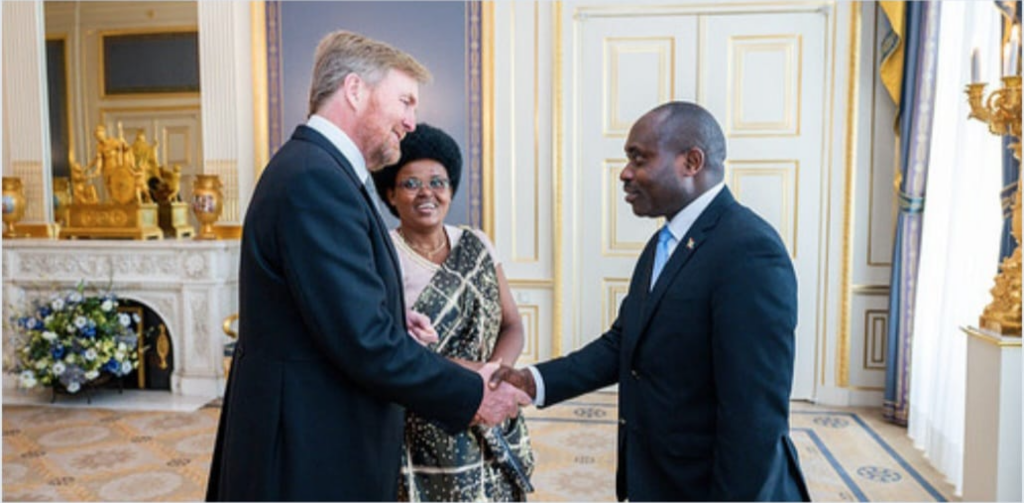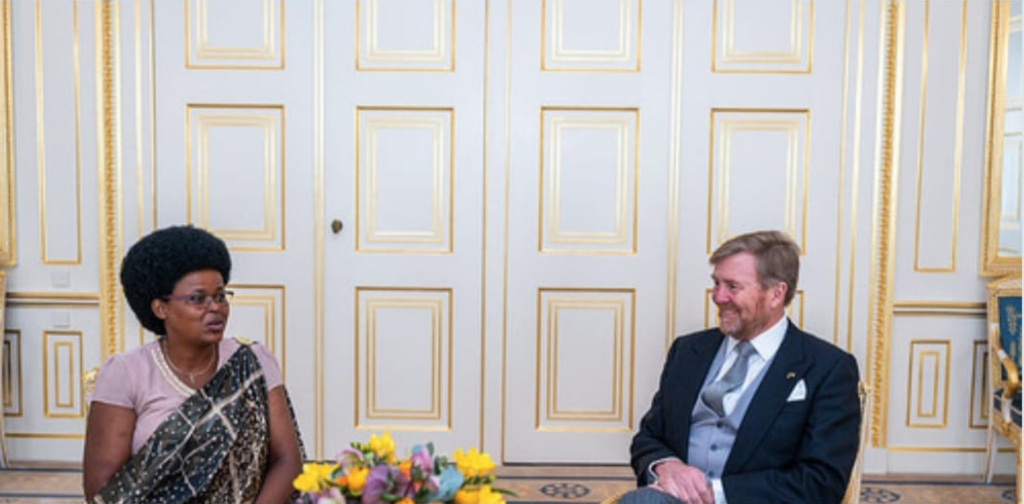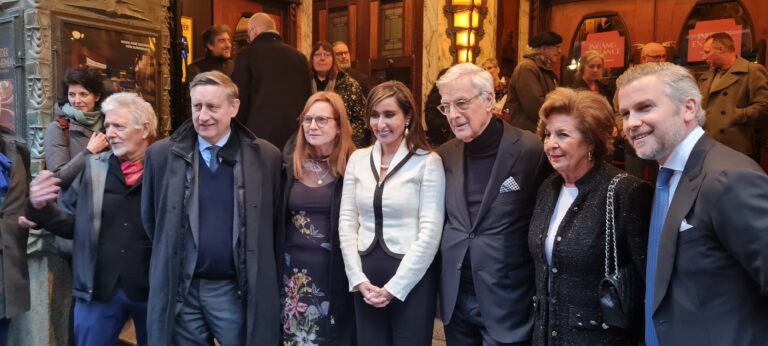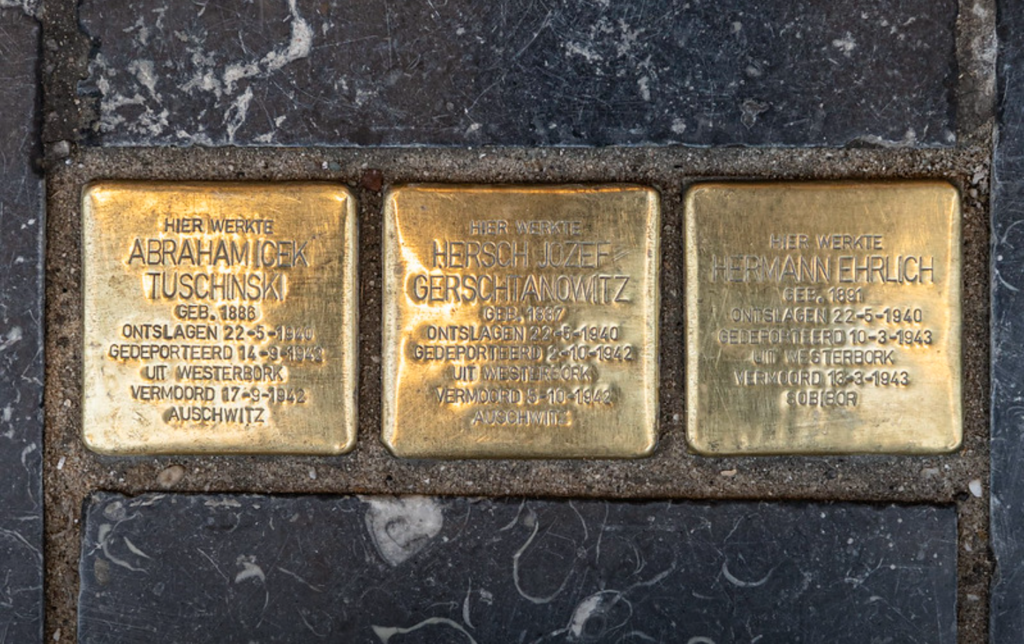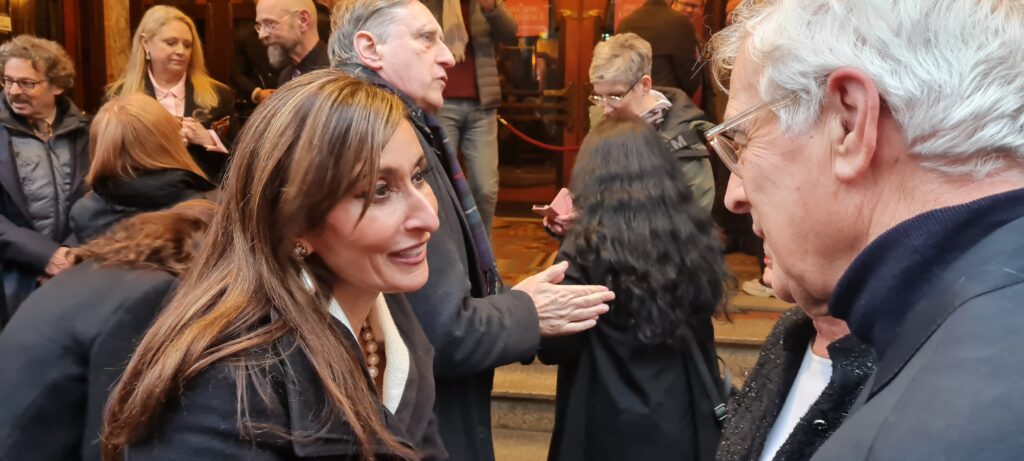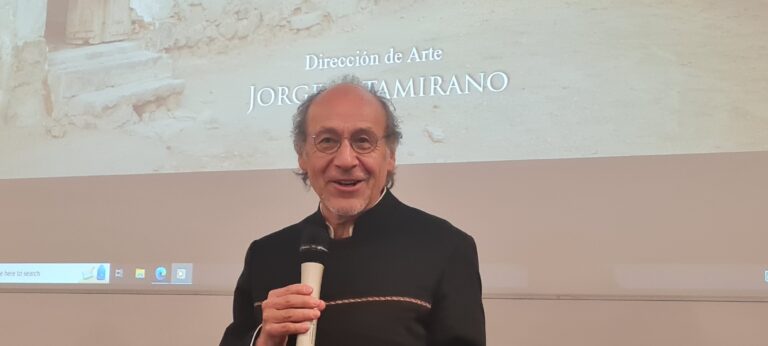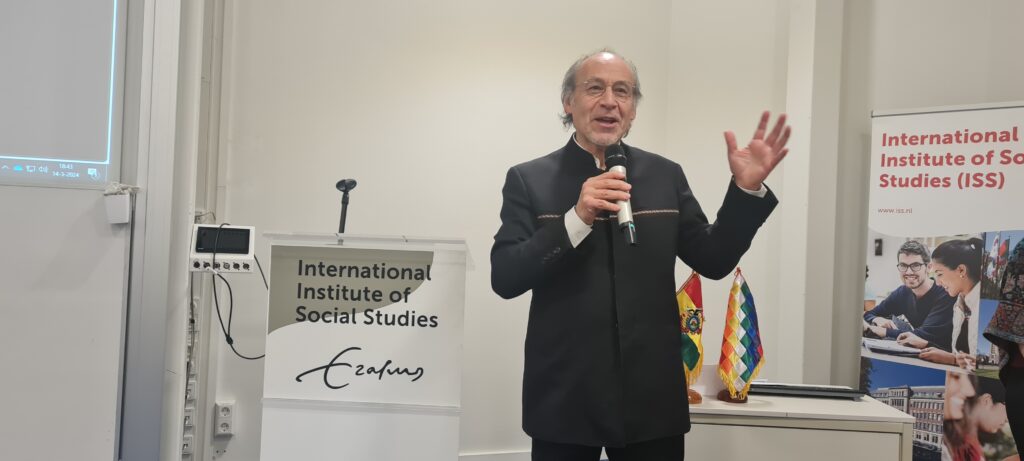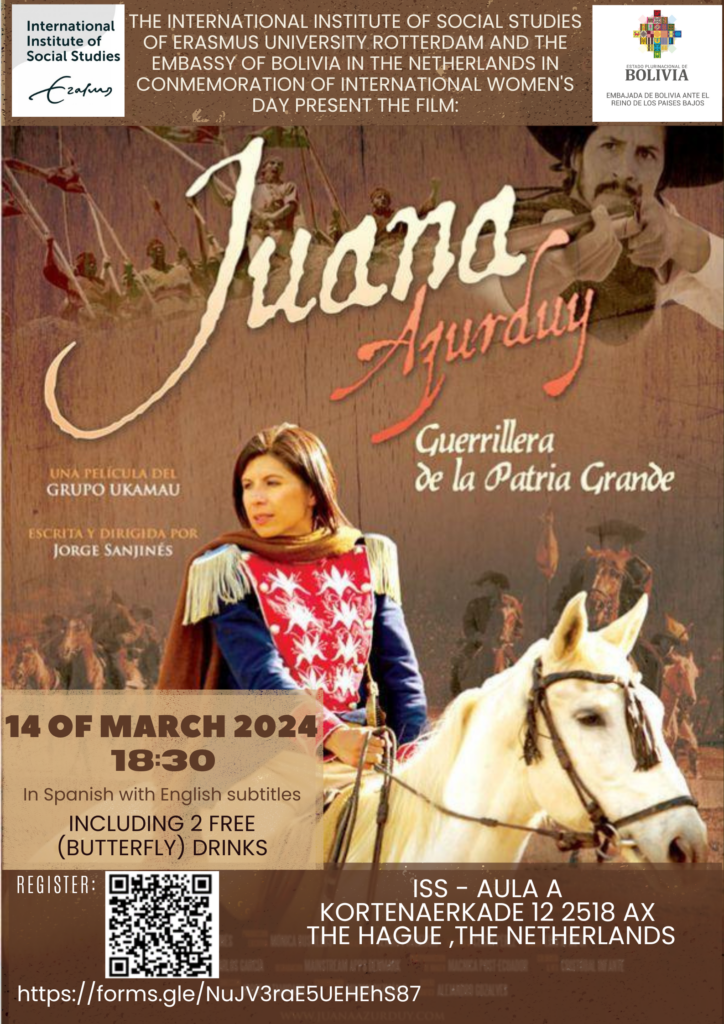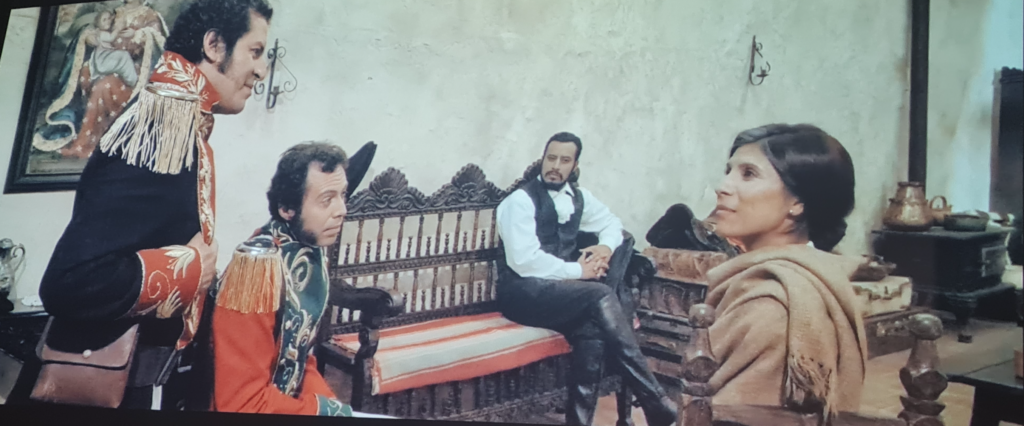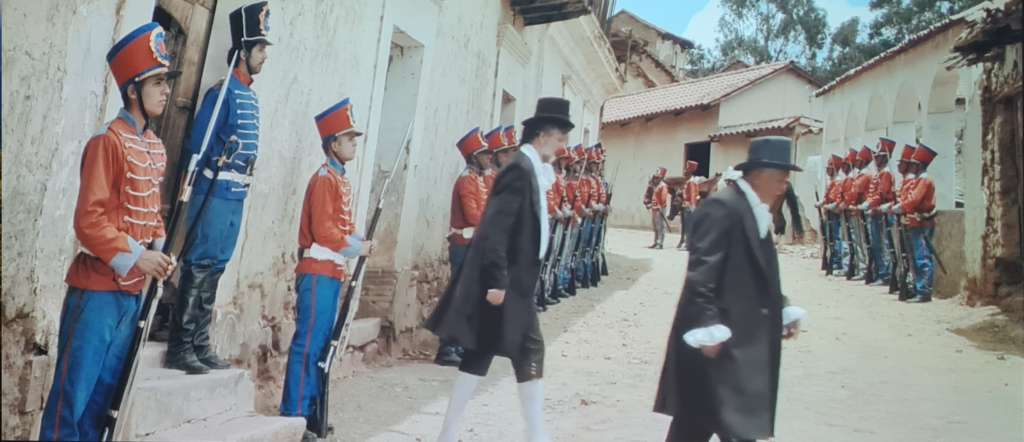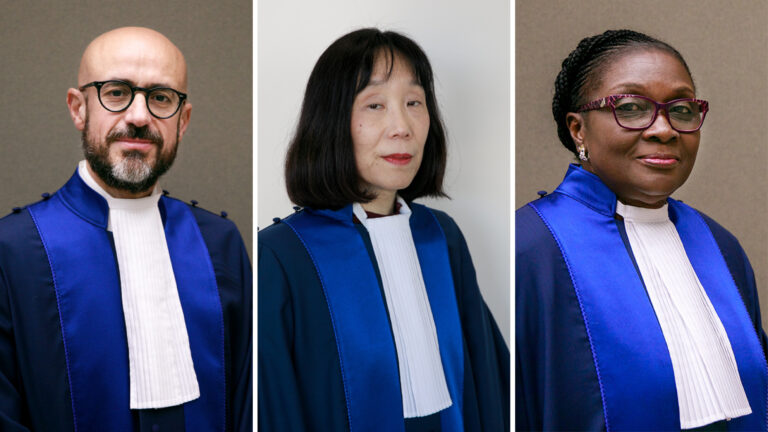As the Russo-Ukrainian war enters its third year, there is considerable anticipation across Europe for its resolution, given the substantial human and material toll on both sides. Many questions loom over Europe regarding this protracted war, which unexpectedly erupted on the continent’s doorstep. Chief among these concerns is how will the war conclude in the next twelve months, and particularly – will Europe continue to support official Kiev. How long can the burdensome financial support to Ukraine be sustained? What impact might the upcoming US presidential elections at the end of the year have, especially if Republican Donald Trump wins? Is there a possibility of ending the war before 2025? Foremost remains the question – how long can Europe effectively insist on its exhaustive financial support to Ukraine?
Since the outset of the conflict, the EU and its member states have provided Ukraine with a combined total of $96 billion in financial, military, and humanitarian aid. On 1 February 2024, European leaders agreed to allocate up to $54 billion to support Ukraine’s recovery, reconstruction, and modernisation initiatives, alongside its efforts to implement reforms crucial for its prospective EU membership by 2027. Consequently, the cumulative financial commitments from the EU exceed $150 billion[2]. Meanwhile, the United Kingdom has pledged over $15 billion to Ukraine since 2022, while the United States has already expended $66 billion, with an additional $60 billion earmarked for future assistance.
The resolution of this conflict remains elusive, and the expenditure of vast sums of money on Ukraine may become politically untenable for Western governments backing the country. Political pressures regarding expenditure are likely to become more pronounced in the lead-up to the upcoming European Parliament (EP) elections in June 2024, along with national parliamentary elections in several countries, including the United Kingdom, a key ally of Ukraine.
EU policy after the European Parliament elections on 6-9 June 2024?
Voters across the European Union’s 27 member states will participate in the European Parliament elections on 6-9 June, electing 720 Members of the European Parliament. Surveys suggest that right-wing extremist parties are poised to make significant advances in these elections.
While legislative voting largely follows party alliances, historically, the European Parliament has been dominated by parties from the broader centre, comprising the European People’s Party (EPP) on the right, the Progressive Alliance of Socialists and Democrats (S&D) on the left, and the liberal Renew Europe—ALDE.
These three groups currently hold 60% of the seats in the European Parliament. However, it is certain that this alliance will lose a substantial number of mandates to the far right, thereby shifting the balance of the new parliament towards the right-wing spectrum.
The composition of the upcoming European Parliament will not only impact the course of the war in Ukraine and relations with Russia but also influence the future of common European defence policy. Additionally, it may affect the issue of EU membership enlargement, making the accession of new member states nearly impossible.
Elections are coming at a time when the EU is poised to consider the possibility of continuing or reducing financial assistance to Kiev. The issue of common European defence will also be a major topic in these elections, especially after Donald Trump confirmed that the United States will protect and defend European states if they are willing to pay the price and increase defence spending.
What worries Kiev the most is the so-called “Ukraine fatigue,” indicating a waning of sympathy and support from the broader public in EU countries. Recent elections in the Netherlands and Slovakia have already resulted in a decline in support, with Slovakia halting a significant aid package for Ukraine, while the Netherlands may not fulfil its long-standing promise to deliver F-16 aircraft.
Poland’s Policy towards Ukraine
Tense negotiations are underway in the EU with Hungary and other member states regarding assistance to Ukraine. Hungary has taken Russia’s side, unlike the rest of the EU, and aims to completely halt aid to Ukraine.
After initially providing significant support and aid to Ukraine at the outset of the conflict with Russia, former Polish Prime Minister Mateusz Morawiecki announced in September 2023 that his country would cease arming Ukraine to prioritize strengthening its own defence forces. This decision coincided with an ongoing dispute between the two countries over the export of Ukrainian grains, leading Ukraine to threaten legal action against Poland with the World Trade Organization (WTO). Poland had extended support to Kiev amounting to nearly three billion euros, including military equipment worth 1.5 billion euros.
The new Polish government, elected in December 2023, has returned to the European course. Poland’s new Prime Minister, Donald Tusk, a seasoned European politician and former President of the European Council (2014-2019), visited Berlin and Paris in February 2024 to bolster cooperation in European foreign policy. Together with Germany and France, the Polish government activated the “Weimar Triangle” formula, further strengthening foreign policy and security cooperation. The “Weimar Triangle” formula, established in 1991, is an alliance among the three countries aimed at collaborating on European matters[3].
The United States presidential elections are set for 5 November 2024
US President Joe Biden is facing difficulties in passing a financial aid package for Ukraine through the American Congress in the election year. Compounding this challenging situation for Ukraine is the potential return of Donald Trump to the White House next year.
Trump has not clearly articulated his policy towards Ukraine, apart from his claim that he could end the war within 24 hours[4]. His anti-NATO rhetoric is well-known, along with his general disdain for European institutions and his surprising admiration for Russian President Vladimir Putin. There is already a growing apprehension in the EU about the potential return of Trump to the helm of the United States. While the exact financial implications of another Trump administration remain uncertain, it is prudent to anticipate the worst-case scenario for Ukraine, where their military is losing ground momentum, and it is expected that Trump will decide to halt billions in aid to Ukraine. This is a concerning prospect for European defence policy, which already believes that Putin is biding his time and trying to outlast the West. The next 12 months are crucial for European allies of Ukraine, as it is evident that Europe’s interest lies in preventing Putin from winning this war.
In the lead-up to the US presidential elections, concerns will inevitably be raised about the implications for European security if the United States is absent. Given that Ukrainian security is directly linked to broader European security, the question of how to support Kiev remains paramount. Europe’s long-term goal is to achieve greater security independence from Washington, which diverges from US transatlantic policy.
Over the next 12 months, Brussels will begin exploring the possibility of using frozen Russian assets to fund Ukraine. While these funds cannot be legally used to purchase weapons, they can be utilized to cover reparations costs. Diplomats fear that setting a precedent for using frozen assets to raise funds for foreign wars could encourage countries like China to follow suit in their confrontations with the West, especially since Beijing passed a new law last year facilitating similar actions involving foreign assets within China.
Even if the US House of Representatives approves an additional $60 billion to support Ukraine, there is little prospect of stopping the Russian offensive or deterring Russia from continuing this war.
Is it just a matter of time before former President Donald Trump returns to the White House? What will he do in a second term, what lessons has he learned, and what mistakes will he avoid repeating? Trump disparages President Biden’s policies, but without presenting alternatives. This includes accusations against the US administration of handing Ukraine over to Russia and his critique of Biden’s decision not to deploy troops there, even though it’s widely understood that Trump will not send troops either. Trump is unlikely to burden Americans with substantial financial commitments. Instead, he would seek to find a practical solution by accepting necessary concessions from Ukraine and negotiating based on them.
Trump doesn’t share the same beliefs in principles and values as Europeans, such as Ukraine’s freedom and sovereignty and other justifications that don’t align with his priorities or calculations. He will probably engage with Putin to discuss resolving the crisis, which will likely come at the expense of Ukraine, as it lacks crucial leverage that matters to Trump and his opportunistic nature.
The United States is a nation governed by institutions that hold significant sway in decision-making, independent of party interests or individual agendas. These institutions often temper the whims of American presidents and administrations, especially if they perceive a genuine threat to US national security, as demonstrated several times during the presidencies of Barack Obama and Donald Trump. Even when the American administration acts in line with its interests, it is ultimately American decision-making centres that have the final say. Therefore, there is no real fear that a future American president would compromise Ukrainian statehood and integrity.
Is the status quo the ‘Korean scenario’ for halting the conflict in Ukraine?
Despite Russia’s denial of discussions about the “Korean scenario,” it presents a useful solution for Moscow for several reasons. The Russian conflict with Ukraine has been in a state of attrition for months. The “Korean scenario” guarantees Russia the preservation of territory it has occupied in eastern and southern Ukraine, as well as the fortification of its positions along the approximately 1,000 km border line.
The “Korean scenario” or “38th parallel” is typically referred to as the solution reached after the Korean War (1950-1953) along the ceasefire line between North and South Korea, where a demilitarized zone stretches between the two Koreas. However, this scenario did not involve the signing of a peace agreement between the two countries, effectively keeping them at war since 1953.
If this scenario is implemented along the existing battle lines and in future peace negotiations, Ukraine stands to lose approximately 100,000 square kilometres directly. It will be split into two parts, with the first under Russia’s control, encompassing the southern and southeastern regions, including the Crimean Peninsula annexed by Moscow in 2014. The creation of a demilitarized zone several kilometres deep would secure a ceasefire, resulting in a de facto frozen conflict. Deploying peacekeeping forces along the demarcation lines would be necessary to establish this demilitarized zone. Given the current circumstances, the deployment of NATO forces in Ukraine is essential to guarantee Ukraine’s security.
On 26 February 2024, French President Emmanuel Macron stated that he does not rule out the possibility of deploying French ground troops in Ukraine. Following the conclusion of the conference on aid to Ukraine in Paris, Macron added that all options are on the table to prevent Russia from winning the war against Ukraine[5]. However, several NATO members, including the United States, Germany, and the United Kingdom, swiftly rejected this proposal. This development raises questions about whether the French President’s suggestion signals the beginning of efforts to establish demarcation lines akin to the Korean scenario.
Ukraine will not accept any formula for freezing the conflict akin to the “Korean scenario” unless Western support completely ceases. This is not expected to happen anytime soon as Europe still considers Ukraine its first line of defence.
A new Turkish peace initiative was announced on the sidelines of the Antalya Diplomatic Forum on 3 March 2024, following a meeting between the Turkish and Russian Foreign Ministers, Hakan Fidan and Sergei Lavrov. “On the issue of Ukraine, our view is that both sides have reached the limits of what they can get by war. We think that it is time to start a dialogue for a ceasefire,” said Turkish Foreign Minister Fidan. This prompts the question of whether Turkey’s initiative continues the African initiative from July 2023[6] or aligns with Macron’s vision for ending the conflict.
Russia is in favour of freezing the conflict and status quo
Putin’s primary policy guideline in 2024 is maintaining the status quo on the Ukrainian front. Geopolitical and military experts do not anticipate a major offensive from the Kremlin, at least not in the first half of the year. This approach is strongly justified from their perspective. Moscow sees no need to alter the current war demarcation line, as doing so could upset the existing balance of power as the country prepares for important presidential elections. Despite the predictable outcome of these elections, it does not diminish the significance of the event, which practically positions Putin as the nation’s leader and the lifelong master of the Kremlin. This means solidifying the “Putinist” approach in Russia for many years to come, defying previous Western expectations of its collapse.
In the current circumstances, Moscow has positioned itself somewhat advantageously in the “war of attrition.” Consequently, its focus is on widening the rift among Western states amidst growing European discontent. Russia anticipates that several more countries will follow the examples of Slovakia, Hungary, and the Netherlands in toning down their rhetoric towards Moscow.
In the same context, the Russians are aware that Western stockpiles have run low on weapons and ammunition, meaning that the supply costs for Ukraine will escalate in the upcoming phase. This development is prompting some Western nations to favour establishing a joint defence industry with Kiev as an alternative to military arms deliveries and technology manufactured in NATO countries. There is even consideration regarding the potential involvement of Western Balkan states, leveraging their enhanced capacities, in producing much-needed ammunition for Ukraine.
For Russia, the stalemate in the conflict serves as a crucial basis for instigating internal discord within Ukraine, which could intensify as the date for the Ukrainian presidential elections approaches, elections that have been delayed thus far. Ukrainian President Volodymyr Zelensky‘s mandate expires in May 2024. According to the constitution, the election of a new head of state in Ukraine should take place on the last Sunday in March, but due to the war, the electoral process is unlikely to commence.
Experts do not anticipate an expansion of the military conflict before the middle of the year, and any such escalation is likely to be linked to the internal (dis)order in Ukraine. Overall assessments indicate that the final quarter of 2024 will be decisive in determining the fate of the Russo-Ukrainian war.
Analysis Published by the International Institute for Middle East and Balkan Studies (IFIMES) on 18 March 2024.
Footnotes:
[1] IFIMES – International Institute for Middle East and Balkan Studies, based in Ljubljana, Slovenia, has a special consultative status with the United Nations Economic and Social Council ECOSOC/UN in New York since 2018, and it is the publisher of the international scientific journal “European Perspectives.”
[2] EU Assistance to Ukraine, link: www.eeas.europa.eu/delegations/united-states-america/eu-assistance-ukraine-us-dollars_en?s=253
Remarks by Executive Vice-President Vestager, link: https://europa.eu/newsroom/ecpc-failover/pdf/speech-24-1327_en.pdf
[3] “The Weimar Triangle” is a regional alliance of France, Germany, and Poland, established in 1991 in the German city of Weimar. The group is aimed at promoting cooperation between the three countries on cross-border and European issues. Available at: www.diplomatie.gouv.fr/en/country-files/poland/the-weimar-triangle/ .
[4] Trump to CNN’s Kaitlan Collins, “If I’m president, I will have that war settled in one day, 24 hours.” Available at: https://edition.cnn.com/2024/01/20/europe/zelensky-trump-end-russia-ukraine-war-intl-hnk/index.html .
[5] Macron not finding support to send NATO soldiers to Ukraine against Russia. Available at: www.eunews.it/en/2024/02/27/macron-nato-soldiers-ukraine-russia/
[6] An African Peace Initiative in the Russia-Ukraine War. Available at: link: https://blog.prif.org/2023/07/21/an-african-peace-initiative-in-the-russia-ukraine-war/

